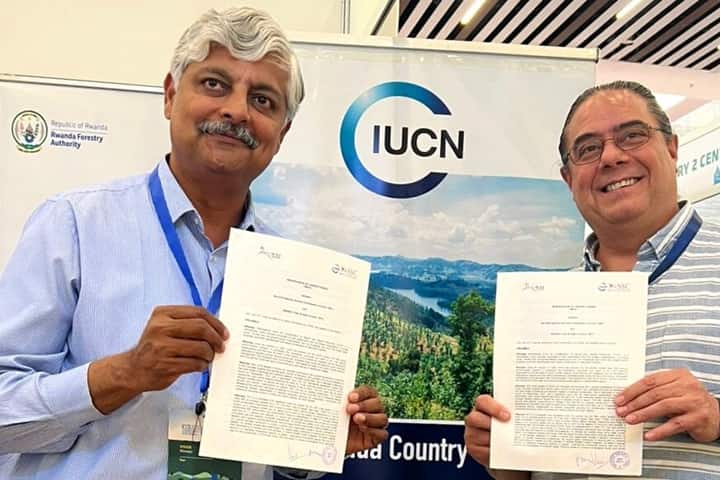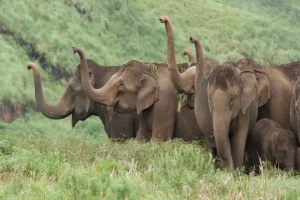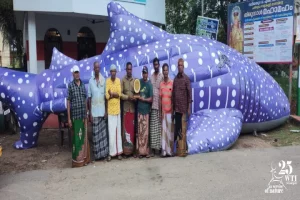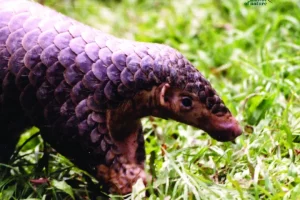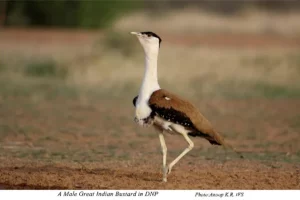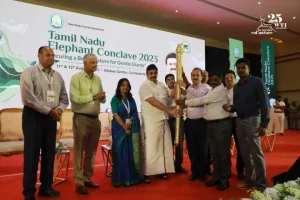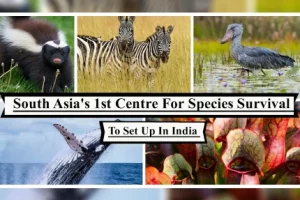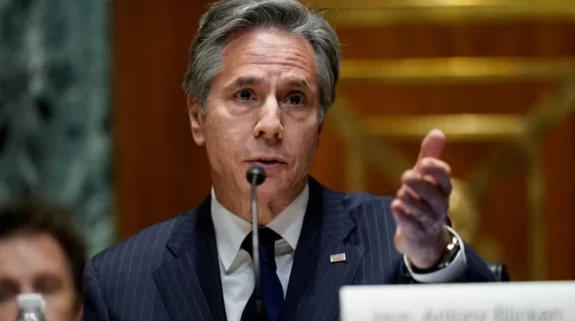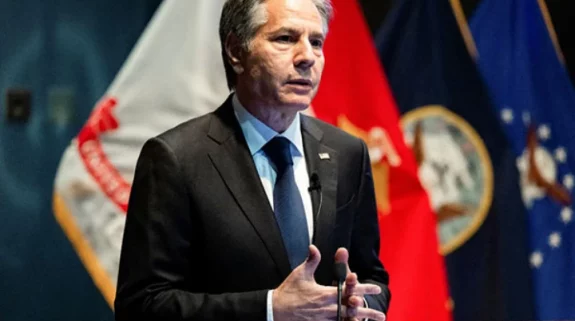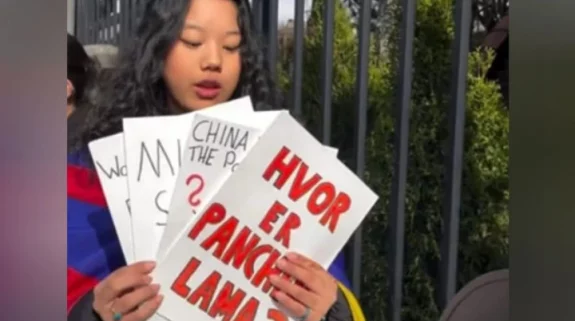The efforts to conserve wildlife in India received a further boost as the International Union for Conservation of Nature Species Survival Commission and the Wildlife Trust of India announced the setting up of the first regional Centre for Species Survival in South Asia.
This is the 10th such Centre in the world and the first of its kind in South Asia.
The objective of this Centre will be to provide a platform for conservation practitioners to network and share best practices while contributing to species status assessments using the IUCN Red List of Threatened Species.
Besides, it will also publicise the species recovery efforts in India and act as a bridge between the national and international efforts to save species.
For India which is home to several important and endangered species, the need for such a Centre had become more imperative and crucial than ever.
The Memorandum of Understanding for setting up this Centre was signed between Prof. Jon Paul Rodríguez, Chair, IUCN SSC and Vivek Menon, Executive Director, WTI.
Menon, WTI Executive Director talking about the Centre said: “This partnership between IUCN SSC and WTI will ensure greater ground-level coordination amongst conservationists and scientists in India who are working on species survival.”
Rodríguez said “the Centre will bring together the expertise and knowledge of 400 plus SSC members in India to support species conservation at the national level, and provide a platform for younger, emerging conservation talent to join the SSC network.”
Elaborating about the Centre’s role, the official spokesperson of WTI told India Narrative that it will contribute immensely “to species status assessments by using IUCN Red List of Threatened Species; to provide training and support for species assessments in India; and to catalyse the SSC members in India to engage with assessment, planning and action efforts for Indian species, including exploring the possibility of forming an India Species Specialist Group.”
The spokesperson added that it will also aid to “address gaps in species assessments for species Red Lists and to ensure that these assessments are aligned, where possible, between national and Global IUCN Red Lists.”






